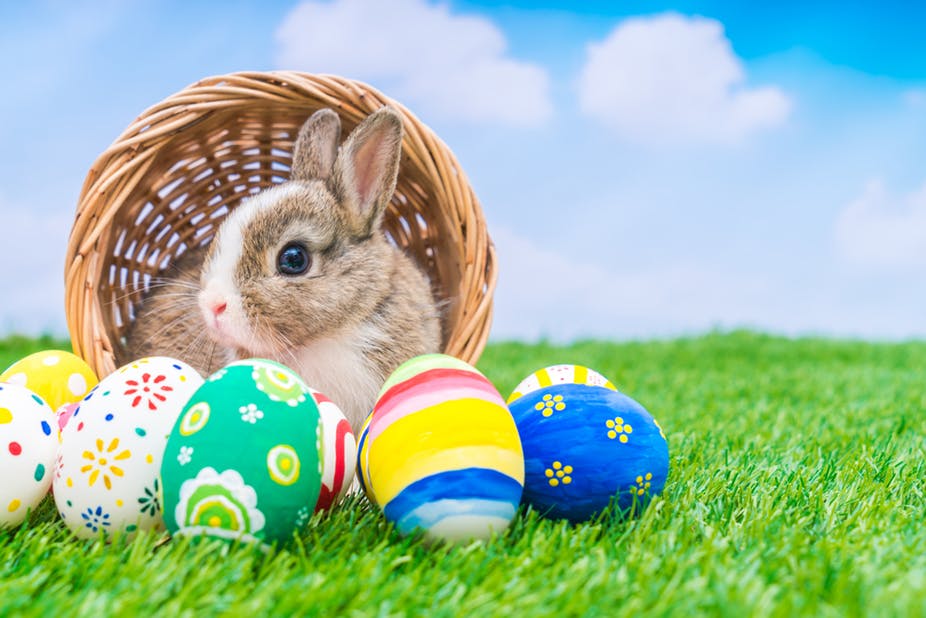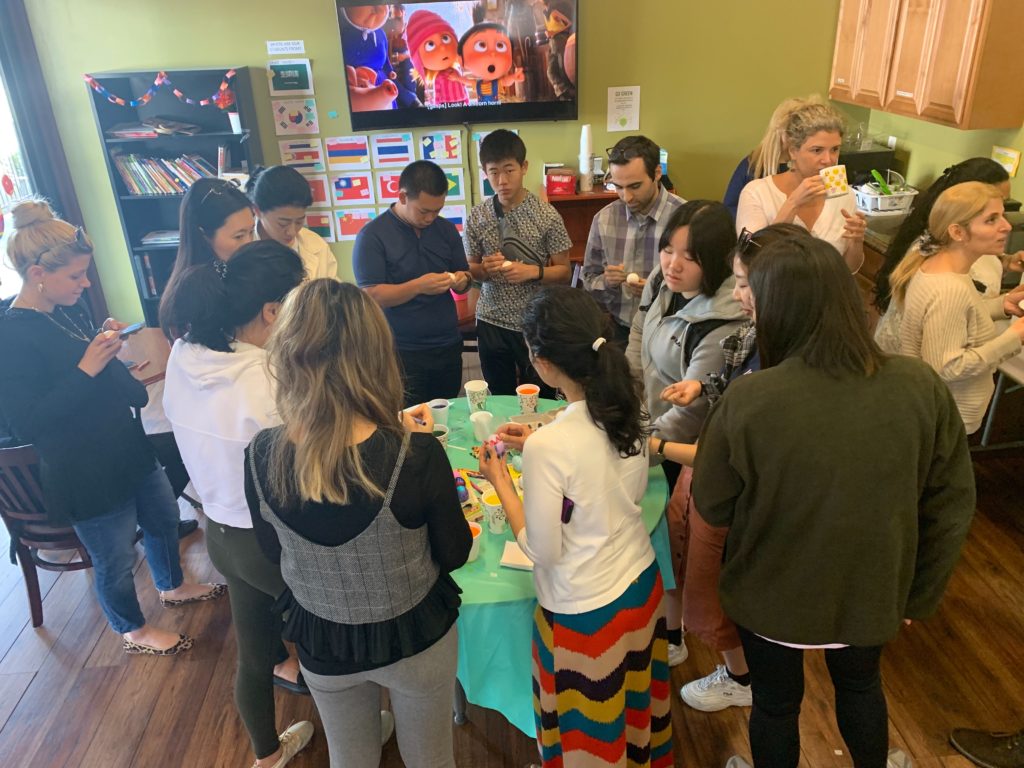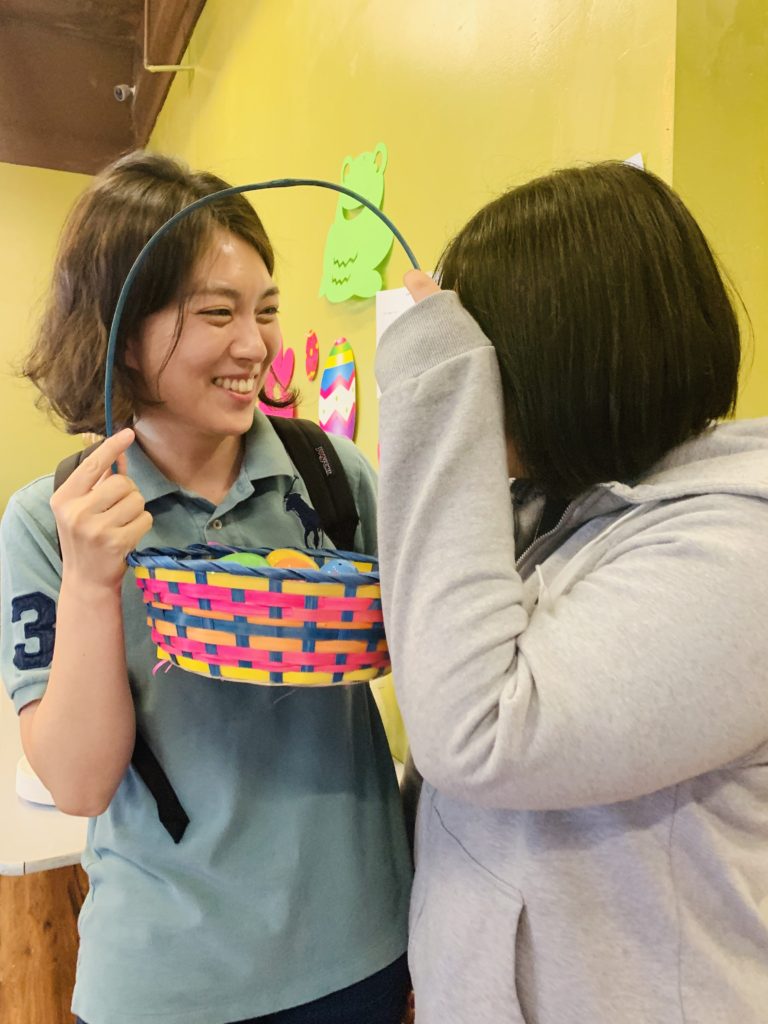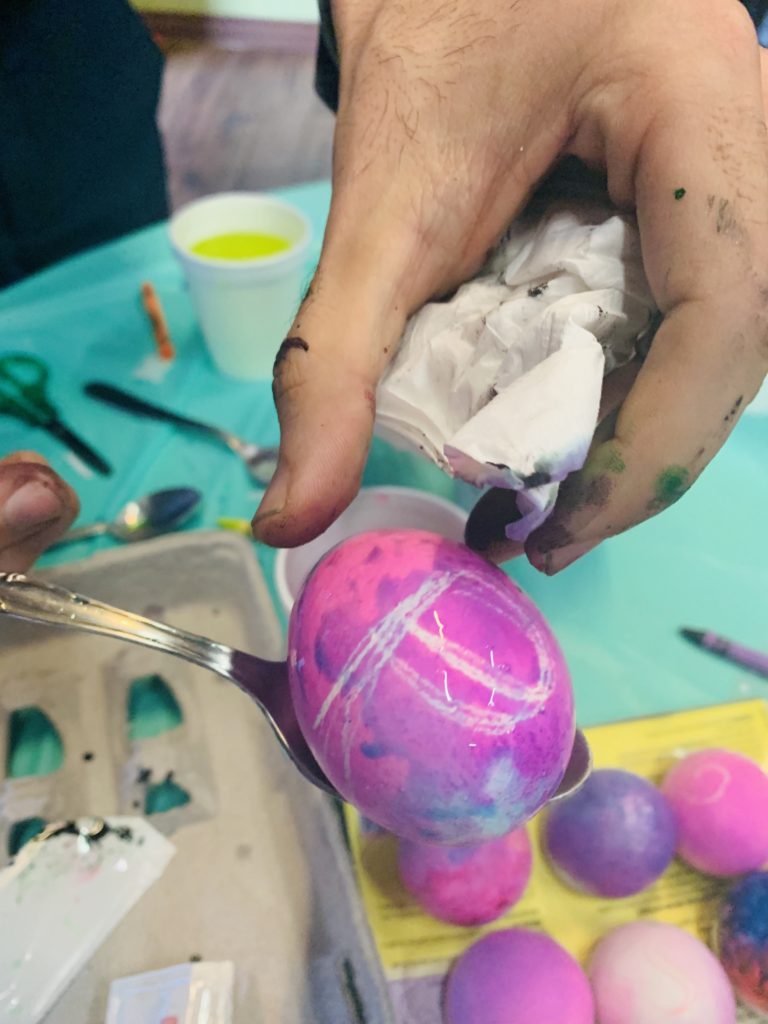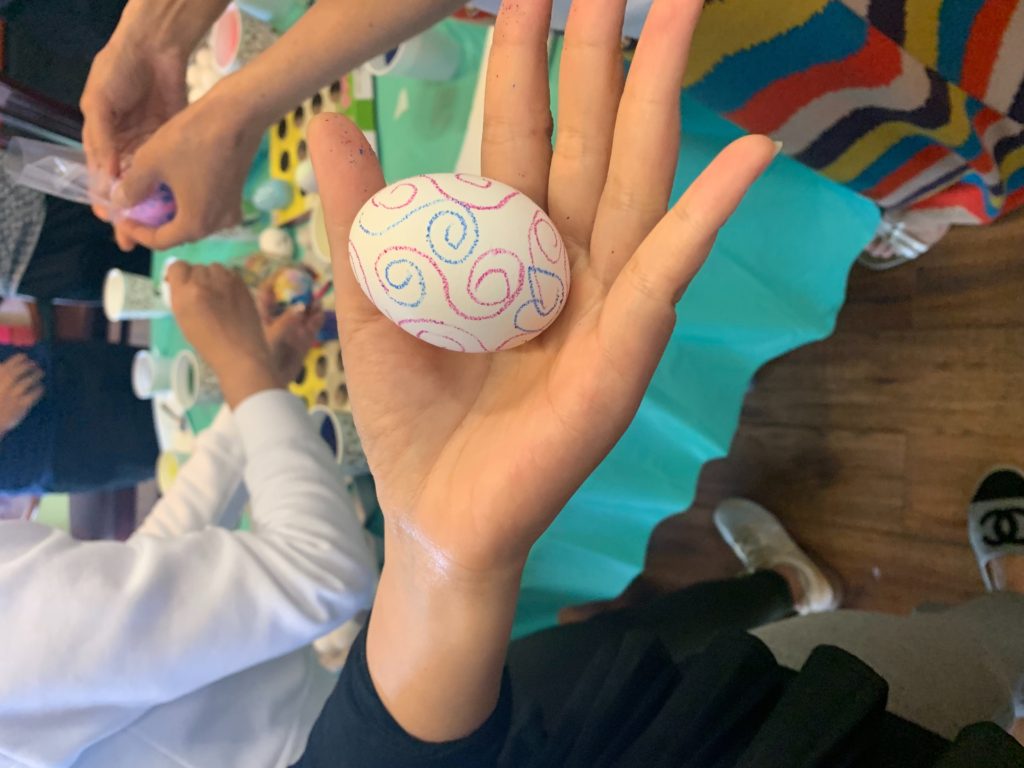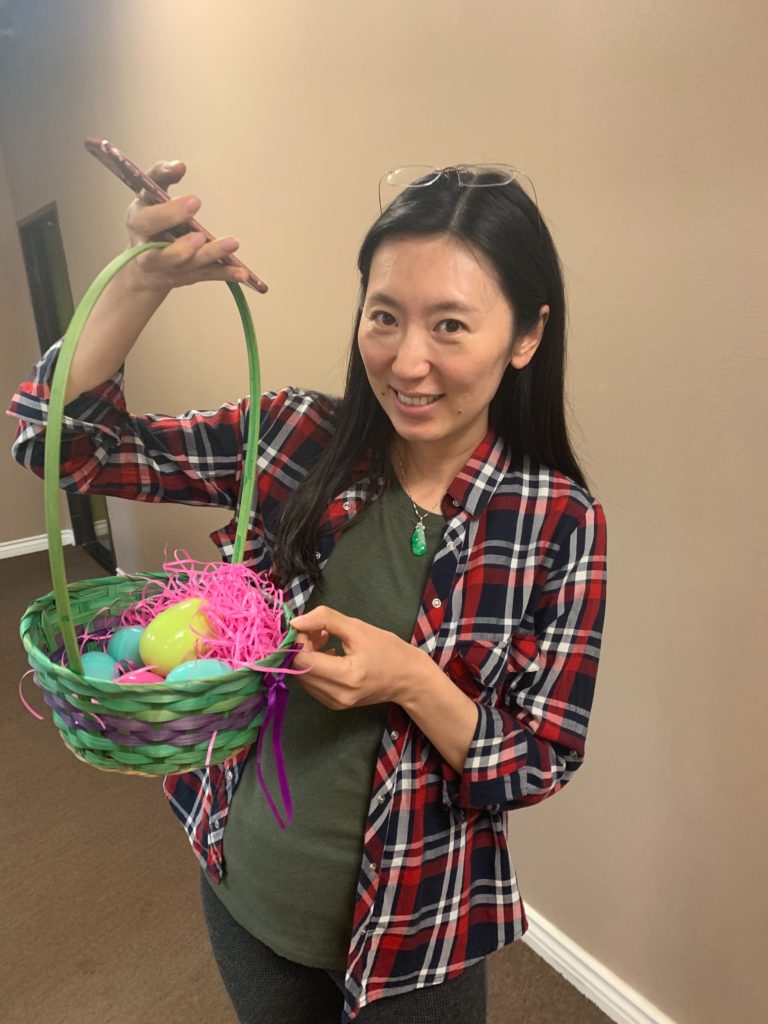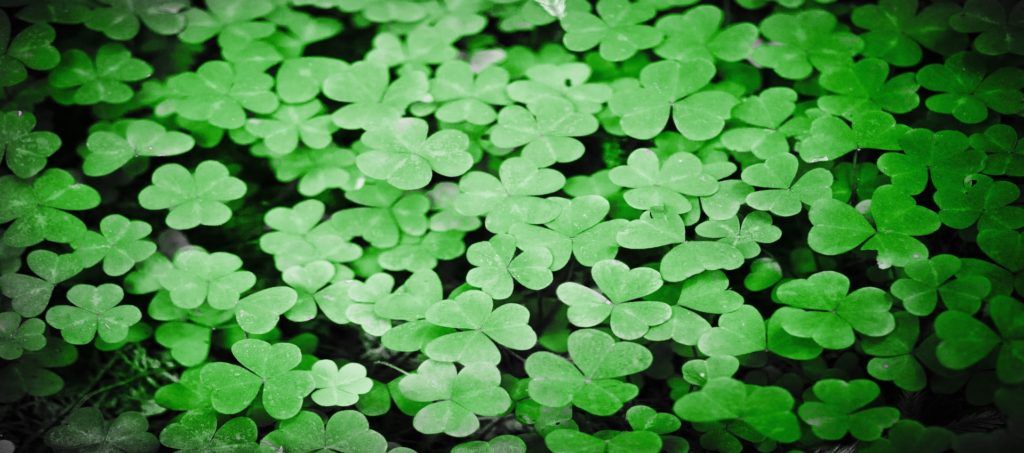What is Easter? Easter is a popular holiday here in the United States. It is a day to celebrate Jesus’ resurrection. But, many Americans think of Easter as a day for children to look for eggs the Easter bunny hides. This Easter celebration has been part of American culture for many years. The meaning of this holiday continues to change over time.
According to Christian belief, Easter originated back in 30 A.D. This date is when Jesus Christ resurrected three days after his crucifixion. Christian religion considers Jesus Christ its savior. However, over the years, many Americans have taken to celebrating this day. They do not even have to be religious. Nowadays, it is simply part of American tradition. When Americans think of Easter, they automatically think of the Easter bunny and decorating eggs.
Traditional Easter Game
An Easter Egg Hunt is a traditional game played in many American homes. Adults hide eggs around the house, backyard, or at a park. Then, children try to find them. These eggs can be real eggs or plastic ones filled with candy or money.
You might begin to wonder, “how are bunnies and eggs religious?” Historians do not know the exact origin. Nevertheless, historians think this American tradition began when the Germans first immigrated to the United States; bunnies and eggs became a symbol for birth and renewal.
Poly’s Easter Celebration

Now, enough about the fun facts of Easter. Today, POLY Languages Institute at Pasadena celebrated their own Easter. Our student lounge was filled with fun and colorful decorations of Easter bunnies, eggs, and baskets. It was great to see international students join in our Easter celebration for the first time.
We had stations where some of our students had the opportunity to decorate hard boiled eggs. Teachers showed students how to dye the hard-boiled eggs with multiple colors and put designs on them. The final products looked so beautiful. Therefore, they didn’t even want to eat them! Also, our students participated in the traditional children’s egg hunt. Administrators hid plastic eggs filled with candy throughout the school. The students had a good time with their baskets searching for eggs in each classroom, hallway, and even the front desk!
The students had a fun-filled time. They were able to take a break from their studies to experience an American tradition. Here at POLY, we do not only strive to academically help our students. We also want our students to gain a deeper understanding of American culture and have an overall great experience here in Southern California!

